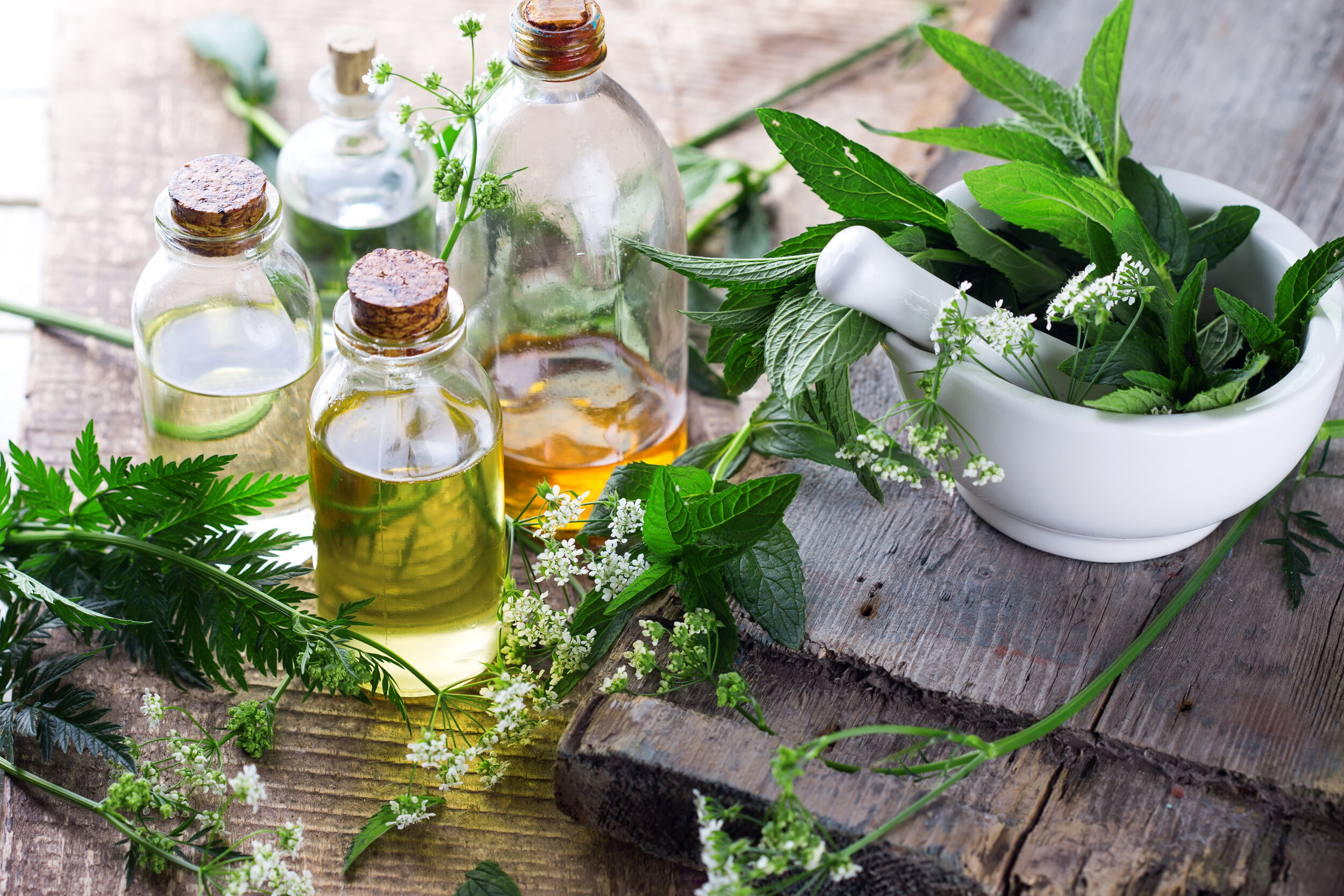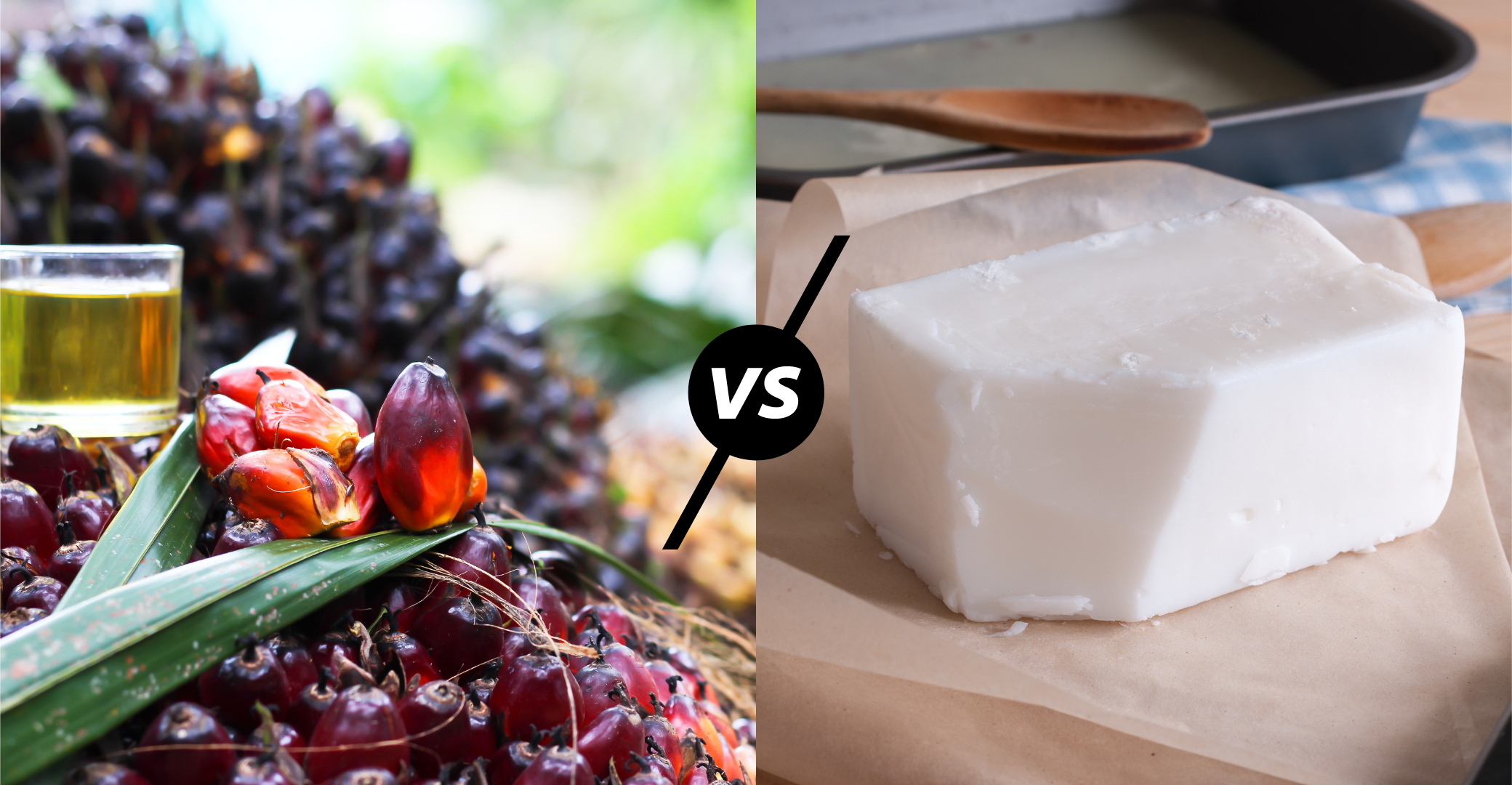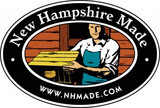When choosing skincare products, ingredients matter, and so does understanding them. While plant-based oils like coconut, jojoba, olive, and palm are common in skincare, beef tallow is making a well-deserved comeback. However, it is important to understand how these ingredients compare when it comes to nourishing and protecting your skin.
Let’s explore some key questions to help you make an informed choice.
How well do these ingredients match your skin?
Tallow is uniquely situated to moisturize your skin because its fatty acid profile is remarkably similar to human sebum. This makes it incredibly bioavailable, meaning your skin absorbs it easily and utilizes it to restore balance and moisture, without clogging pores or leaving a greasy residue. It’s especially effective for dry, sensitive, or compromised skin.
Plant-based oils can also hydrate the skin, but not all of them absorb in the same way. Coconut and palm oils, for example, are occlusive and may feel heavy or lead to breakouts for some skin types. Jojoba oil is one of the more skin-friendly plant oils, as it closely mimics sebum, but it lacks some of the fat-soluble vitamins found in tallow.
Which has a better nutrient profile?
Tallow is rich in naturally occurring vitamins A, D, E, and K, nutrients that support skin regeneration, elasticity, and barrier function. These vitamins are fat-soluble, making them easier for your skin to absorb and use effectively.
Plant oils often contain antioxidants and essential fatty acids. For instance, rosehip and avocado oils are rich in linoleic acid and vitamin C, while palm oil contains vitamin E. However, many of these oils are more prone to oxidation and may require preservatives to remain stable in products, especially in heat or humidity.
Which ingredient supports long-lasting moisture?
Both tallow and plant oils can lock in moisture, but tallow tends to penetrate more deeply. Thanks to its similarity to your skin’s natural lipids, it reinforces the skin barrier, delivering nourishment beneath the surface for long-lasting hydration without clogging pores.
Many plant oils, including coconut, olive, and palm, create a protective layer on the skin, which is great for sealing in moisture but doesn’t always offer deeper support and can something clog your pores. If your skin is chronically dry or irritated, tallow may offer more lasting relief.
What about sustainability and sourcing?
This is where things get interesting and important.
Tallow is a natural byproduct of the meat industry, meaning it uses what would otherwise go to waste. When sourced from local, grass-fed, or pasture-raised farms, tallow becomes part of a sustainable, regenerative cycle. It supports small-scale agriculture, reduces waste, and utilizes the entire animal.
Plant oils, on the other hand, vary widely in sustainability. Palm oil, in particular, has been linked to deforestation, habitat destruction, and labor concerns—especially in regions like Indonesia and Malaysia, where it’s most commonly produced. While certified sustainable palm oil does exist, it can be hard to trace, and many skincare brands don’t disclose sourcing practices. Even more eco-friendly oils, such as almond or avocado, still rely on water-intensive crops and large-scale farming.
If environmental impact is a consideration in your skincare decision-making, tallow, when sourced responsibly, can be a cleaner and more transparent choice.
So, which one should you use?
Both tallow and plant-based oils offer unique benefits. But if you’re looking for something closer to your skin’s natural composition, rich in nutrients, deeply moisturizing, and responsibly sourced, tallow is your best bet. It’s effective, backed by history, and rooted in sustainability when done right.
That’s why we make it the heart of every bar and balm we craft because your skin deserves nourishment that works with it, not against it.










